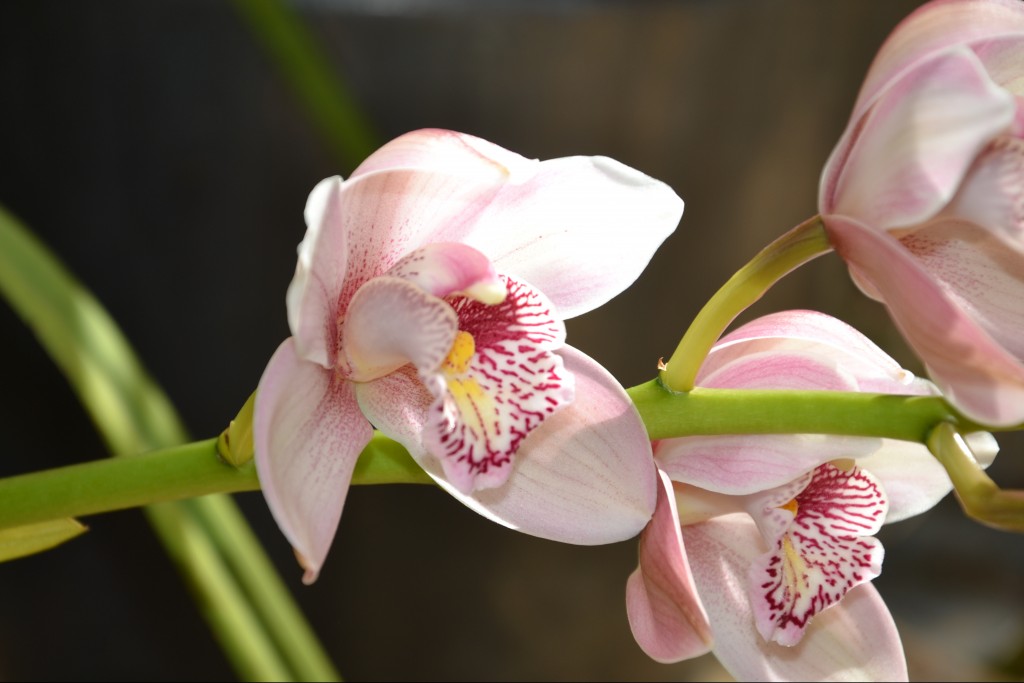The School of Anthropology and Conservation congratulates former DICE PhD student Amy Hinsley on the publication of her research paper on orchid smuggling.
The research identified that orchid growers had very negative views of the Convention on the International Trade in Endangered Species of Wild Flora and Fauna (CITES), and that those with more knowledge of CITES were more likely to break the rules set out in the Convention.
Amy Hinsley’s research, published in a paper entitled Estimating the Extent of CITES Noncompliance among Traders and End-Consumers; Lessons from the Global Orchid Trade, was conducted at Kent under the supervision of Dr David Roberts and is published in the journal Conservation Letters.
The international wildlife trade is a lucrative market involving thousands of species. CITES regulates trade in over 35,000 species, over 70% of which are orchids. The researcher surveyed orchid growers on their knowledge and opinions of, and compliance with, CITES.
The research recommended targeted enforcement, focusing on both online trade and at the point of import, coupled with efforts to encourage traders and end-consumers to engage with discussions on CITES rule implementation.
To discuss research opportunities with Dr David Roberts, please contact him by email.

